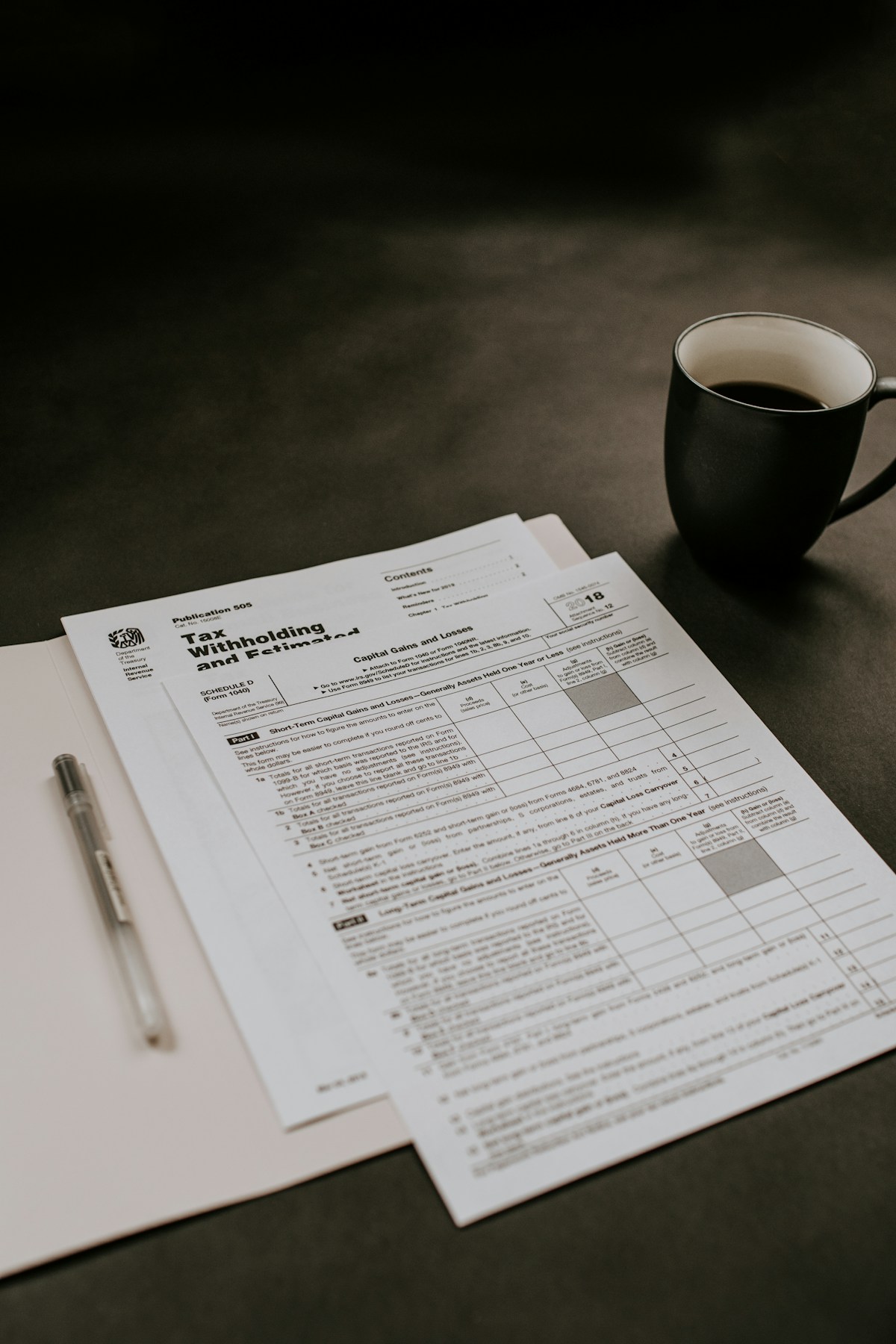A comprehensive guide to the legal protections and resources available to survivors of domestic violence.
Domestic violence affects millions of Americans each year, crossing all demographic lines of gender, race, religion, and socioeconomic status. While escaping abuse is never easy, the legal system offers important protections designed to help survivors find safety and begin rebuilding their lives. This guide outlines the key legal protections available to domestic violence survivors.
Understanding What Constitutes Domestic Violence
Under the law, domestic violence typically encompasses:
- Physical abuse: Hitting, slapping, shoving, strangulation, or other physical assaults
- Sexual abuse: Forced sexual activity or assault
- Emotional/psychological abuse: Threats, intimidation, isolation, gaslighting, and coercive control
- Financial abuse: Controlling access to money, preventing employment, identity theft, or incurring debt in the survivor's name
- Technological abuse: Stalking, monitoring, or harassing through electronic means
Laws recognizing these forms of abuse vary by state, with some jurisdictions offering broader protections than others for non-physical forms of abuse.
Emergency Protective Orders
One of the most immediate legal protections available to survivors is an emergency protective order (EPO), sometimes called a temporary restraining order. Key aspects include:
- Accessibility: Available 24/7 in most jurisdictions through police or emergency court proceedings
- Speed: Can be issued without the abuser present (ex parte)
- Duration: Typically lasts 5-7 days, providing temporary protection until a court hearing for a longer-term order
- Coverage: Can order the abuser to:
- Leave the shared residence
- Stay a certain distance away from the survivor
- Cease all contact or communication
- Surrender firearms in many jurisdictions
To obtain an EPO after hours, contact local law enforcement. During regular court hours, survivors can typically petition at their local family or county court.
Long-Term Protective Orders
For longer-term protection, survivors can seek:
- Domestic Violence Restraining Orders: Specific to intimate partner relationships
- Civil Protection Orders: May cover other relationships such as family members or roommates
- Duration: Typically last for 1-5 years and can be renewed in most states
- Coverage: In addition to standard no-contact provisions, these orders can:
- Grant temporary custody of children
- Establish temporary child support
- Order the abuser to attend intervention programs
- Address property use and financial support
- Protect pets (in states with pet protection provisions)
The process typically involves filing a petition, attending a hearing where both parties can present evidence, and receiving a judicial decision. Free legal assistance is often available through domestic violence organizations.
Housing Protections
Several important housing protections exist for domestic violence survivors:
Federal Housing Protections (VAWA)
The Violence Against Women Act provides critical housing protections:
- Prevention of eviction based on domestic violence incidents
- Rights to emergency housing transfers in federally subsidized housing
- Prohibition against denial of housing based on domestic violence history
- Ability to bifurcate a lease to remove the abuser while allowing the survivor to remain
State and Local Housing Laws
Many states have enacted additional protections:
- Early lease termination rights for survivors who need to relocate
- Rights to change locks at the survivor's expense
- Protection against landlord discrimination
- Address confidentiality programs to keep housing location private
To exercise these rights, survivors typically need to provide landlords with documentation such as a protective order or a statement from a qualified professional.
Workplace Protections
Legal protections in the workplace vary significantly by state but may include:
- Employment Leave: Many states have laws allowing survivors to take time off work to attend court proceedings, seek medical attention, or relocate
- Anti-Discrimination Provisions: Some states prohibit employers from discriminating against employees based on their status as domestic violence survivors
- Unemployment Benefits: Most states allow survivors who must leave their jobs due to domestic violence to qualify for unemployment benefits
- Workplace Restraining Orders: In many jurisdictions, employers can seek restraining orders to protect employees from abusers in the workplace
Documentation requirements vary by state, and survivors should consult with a lawyer or advocate to understand specific protections in their location.
Criminal Protections
Domestic violence is a crime in all 50 states, though specific laws vary:
- Mandatory Arrest Laws: Many states require police to make an arrest when there is probable cause that domestic violence occurred
- No-Drop Policies: Some jurisdictions have policies where prosecutors pursue charges regardless of whether the victim wishes to proceed
- Anti-Stalking Laws: All states have laws criminalizing stalking behaviors
- Firearm Restrictions: Federal law prohibits gun possession by those subject to qualifying domestic violence restraining orders or convicted of domestic violence misdemeanors
Survivors wishing to pursue criminal charges should document incidents with photos, medical records, witness information, and copies of threatening communications.
Family Court Protections
For survivors with children with their abuser, family courts provide important protections:
- Custody Considerations: Most states require courts to consider domestic violence when making custody determinations
- Supervised Visitation: Courts may order supervised visits to protect children and the survivor during parenting time
- Relocation Provisions: Special provisions may allow survivors to relocate with children for safety reasons
- Address Confidentiality: Many states allow survivors to keep their addresses confidential in court proceedings
Documentation of abuse is critical in family court. Survivors should work with attorneys who specialize in domestic violence family law cases.
Immigration Protections
Non-citizen survivors have specific protections under U.S. immigration law:
- VAWA Self-Petition: Allows abused spouses, children, and parents of U.S. citizens or permanent residents to apply for legal status independently of their abuser
- U Visa: Available to survivors who have suffered substantial physical or mental abuse and assist law enforcement in investigation or prosecution
- T Visa: Available to victims of human trafficking, which may include some domestic violence situations
- Asylum: In some cases, gender-based violence may qualify as a basis for asylum
Immigration relief is complex and typically requires assistance from an immigration attorney with domestic violence experience.
Financial Protections
Financial assistance and protections include:
- Crime Victim Compensation: Every state has a program to help cover expenses resulting from violent crime, including domestic violence
- Identity Protection: Federal laws provide special rights to victims of identity theft, a common form of financial abuse
- Credit Protection: The Equal Credit Opportunity Act prohibits discrimination against people who receive public assistance, including domestic violence survivors
- Public Benefits: Specialized provisions for survivors seeking TANF, SNAP, and housing assistance
Finding Legal Help
Free or low-cost legal assistance is available through:
- National Domestic Violence Hotline: 1-800-799-SAFE (7233)
- Local domestic violence organizations
- Legal Aid offices
- Law school domestic violence clinics
- Court-based self-help centers
- Pro bono attorney programs through state bar associations
Survivors who do not qualify for free legal assistance may still find attorneys willing to work on a sliding fee scale or payment plan.
Safety Planning with Legal Protections
Effective use of legal protections should be part of a comprehensive safety plan:
- Keep copies of all legal documents in a safe, accessible location
- Provide copies of protective orders to employers, schools, and childcare providers
- Consider enrolling in address confidentiality programs if available in your state
- Document all violations of protective orders and report them immediately
- Work with domestic violence advocates to create a personalized safety plan that incorporates legal protections
Remember that the legal system, while providing important protections, is just one component of safety planning. Connecting with advocates who understand both the legal system and the complex dynamics of domestic violence provides the most comprehensive support for survivors.






